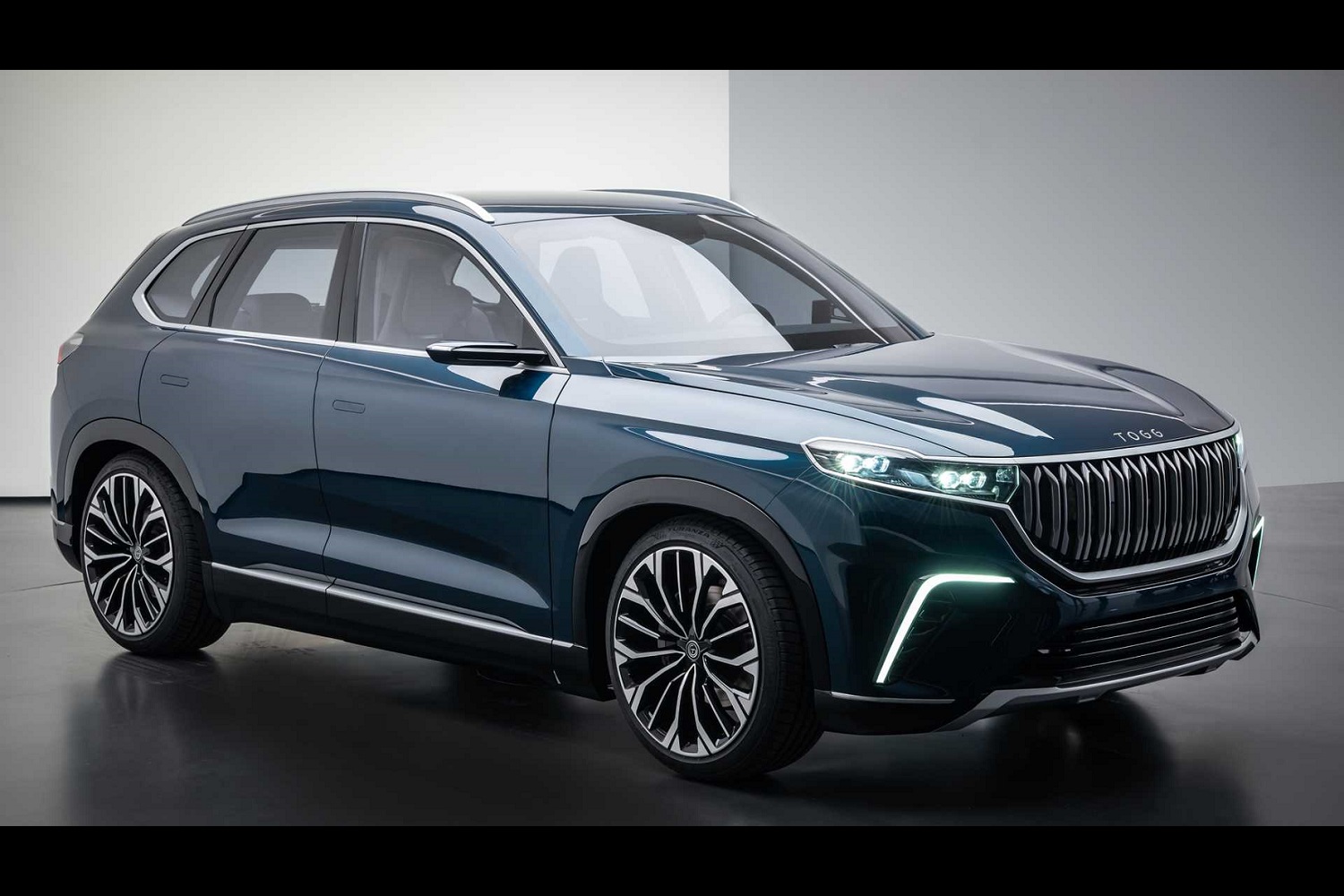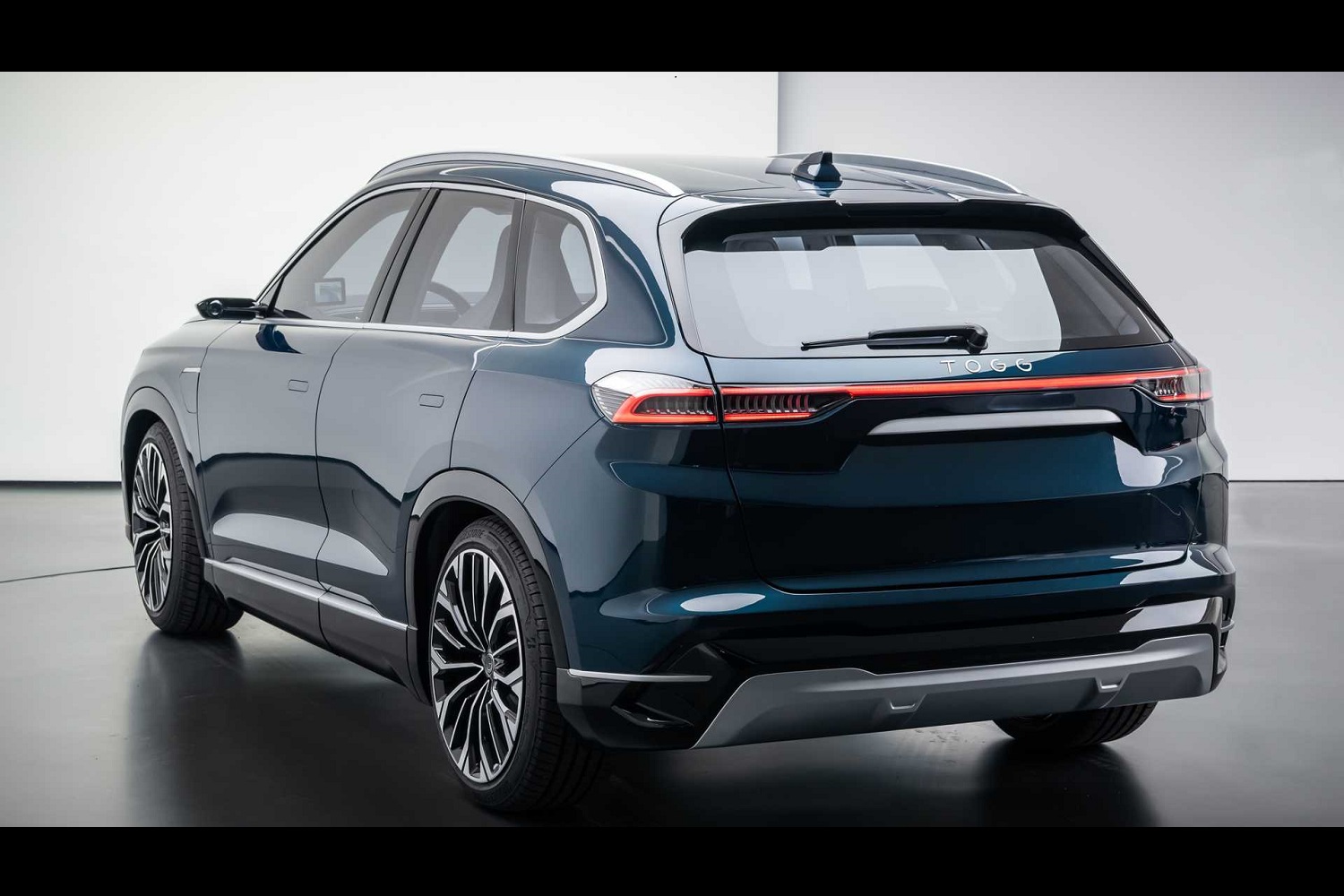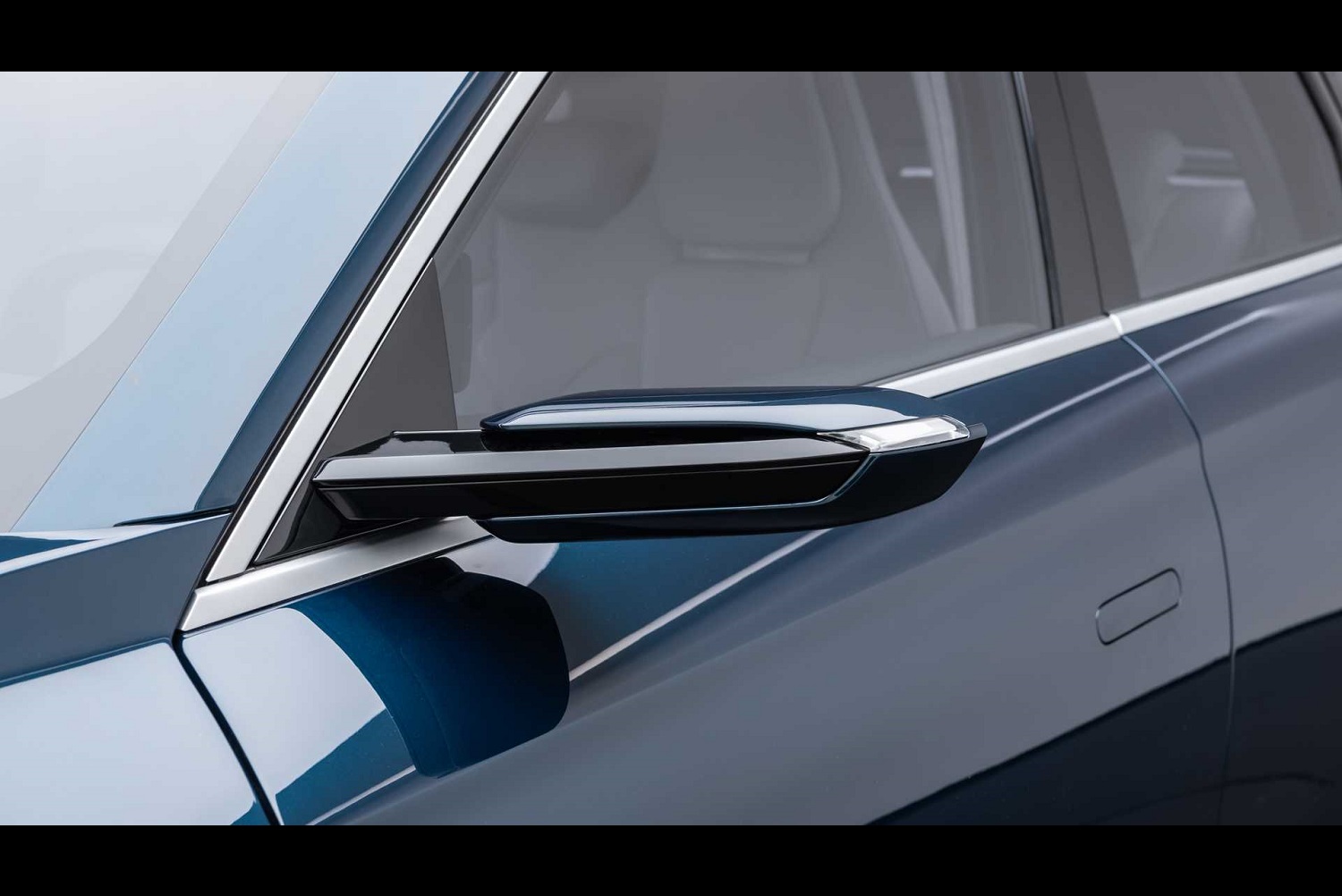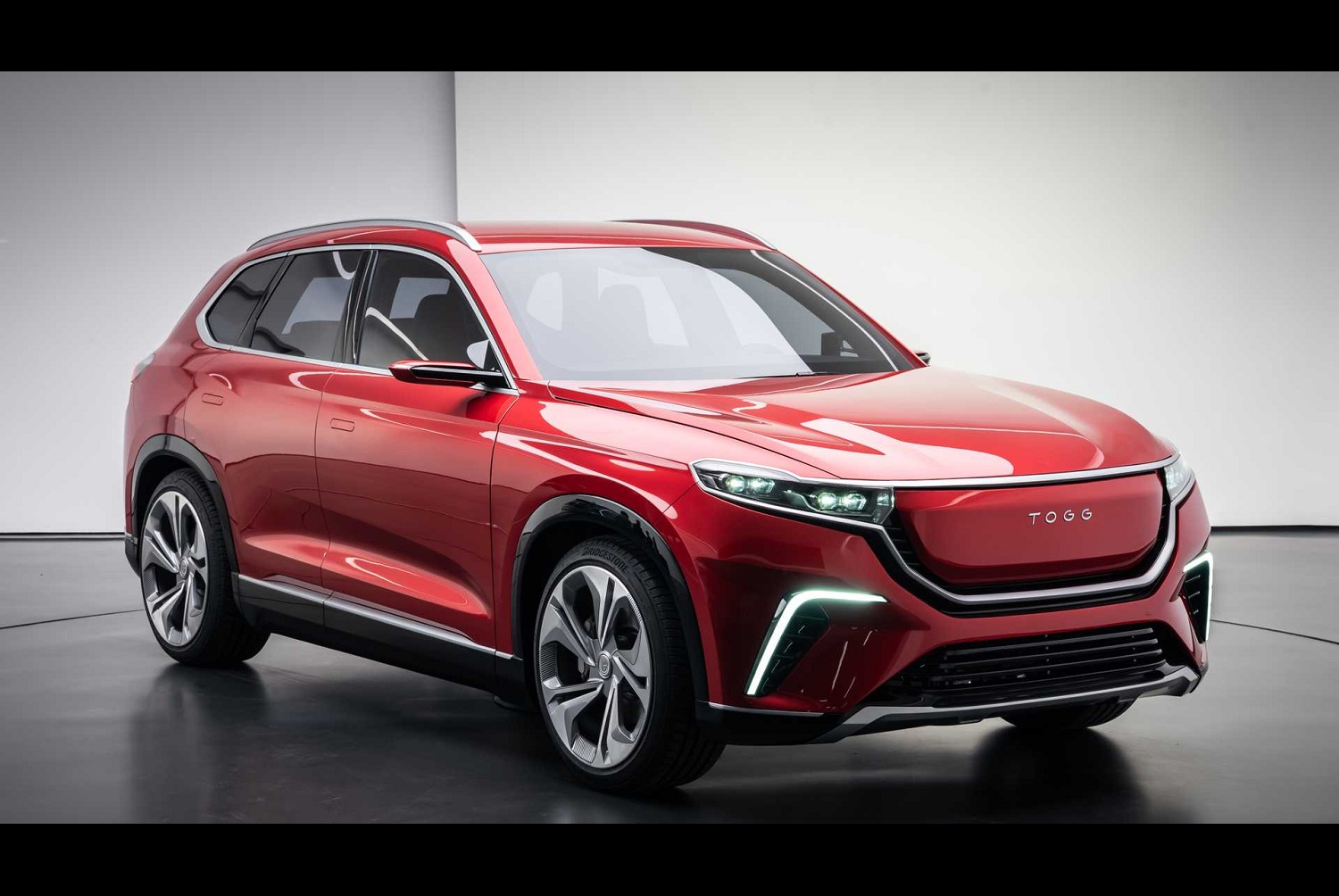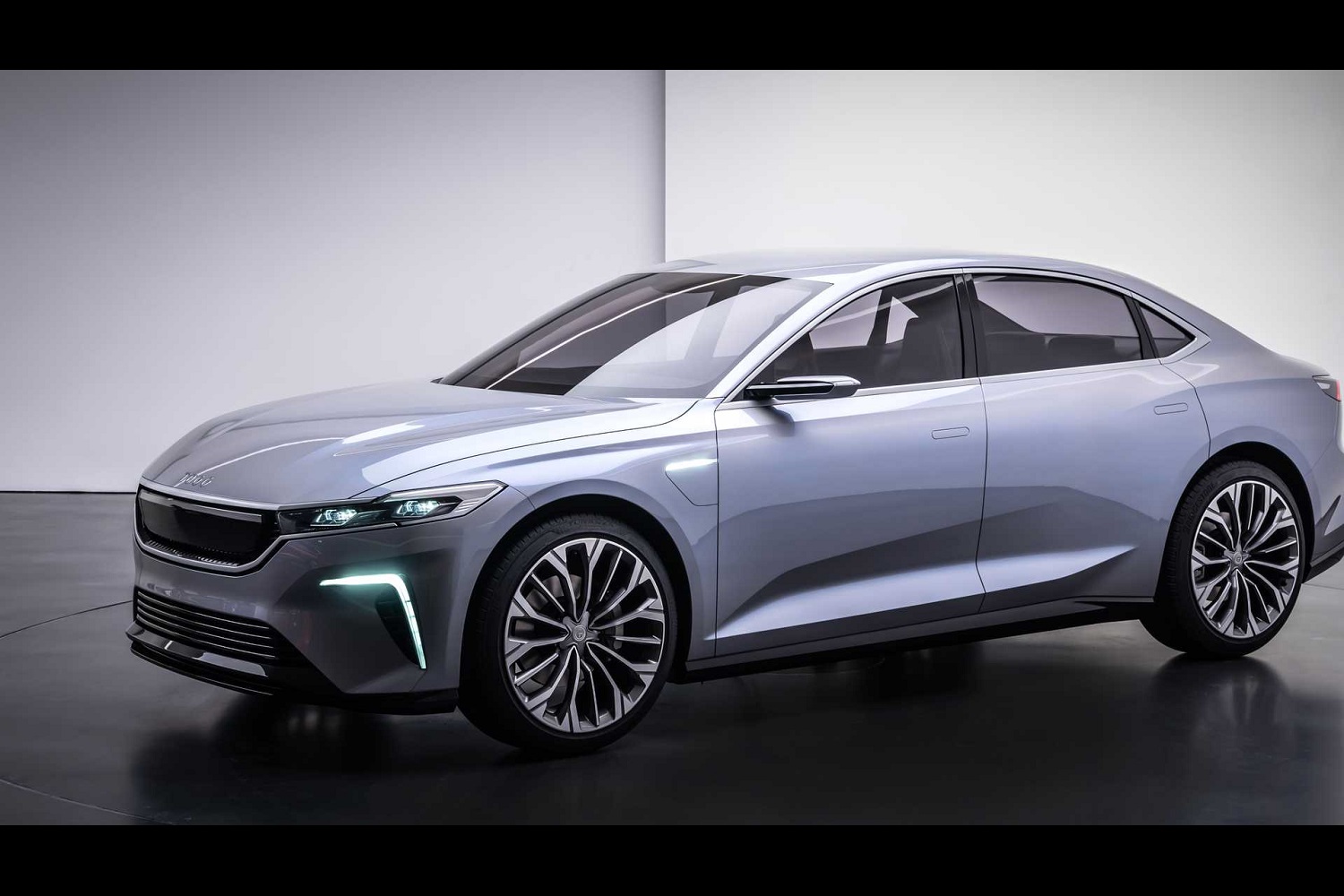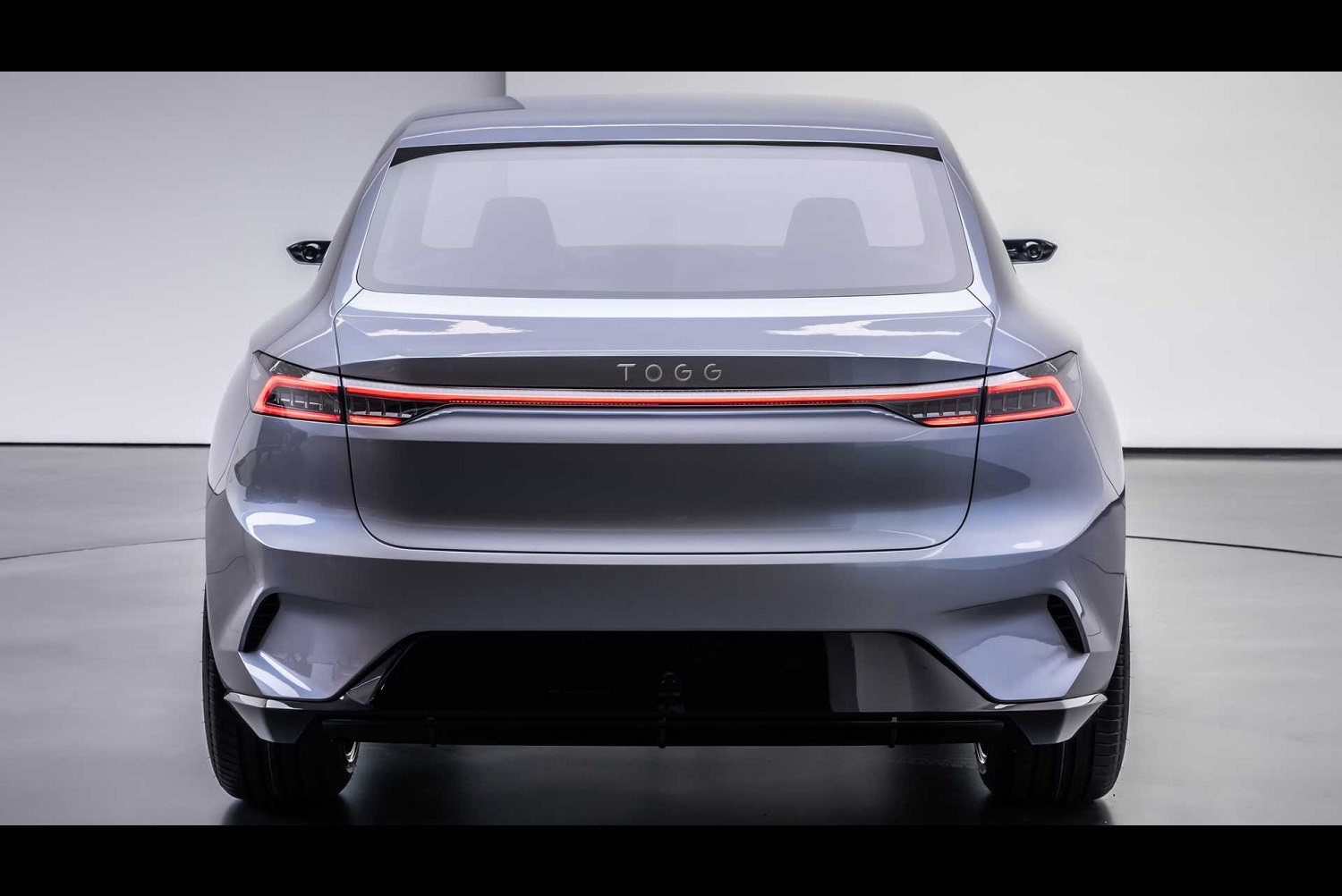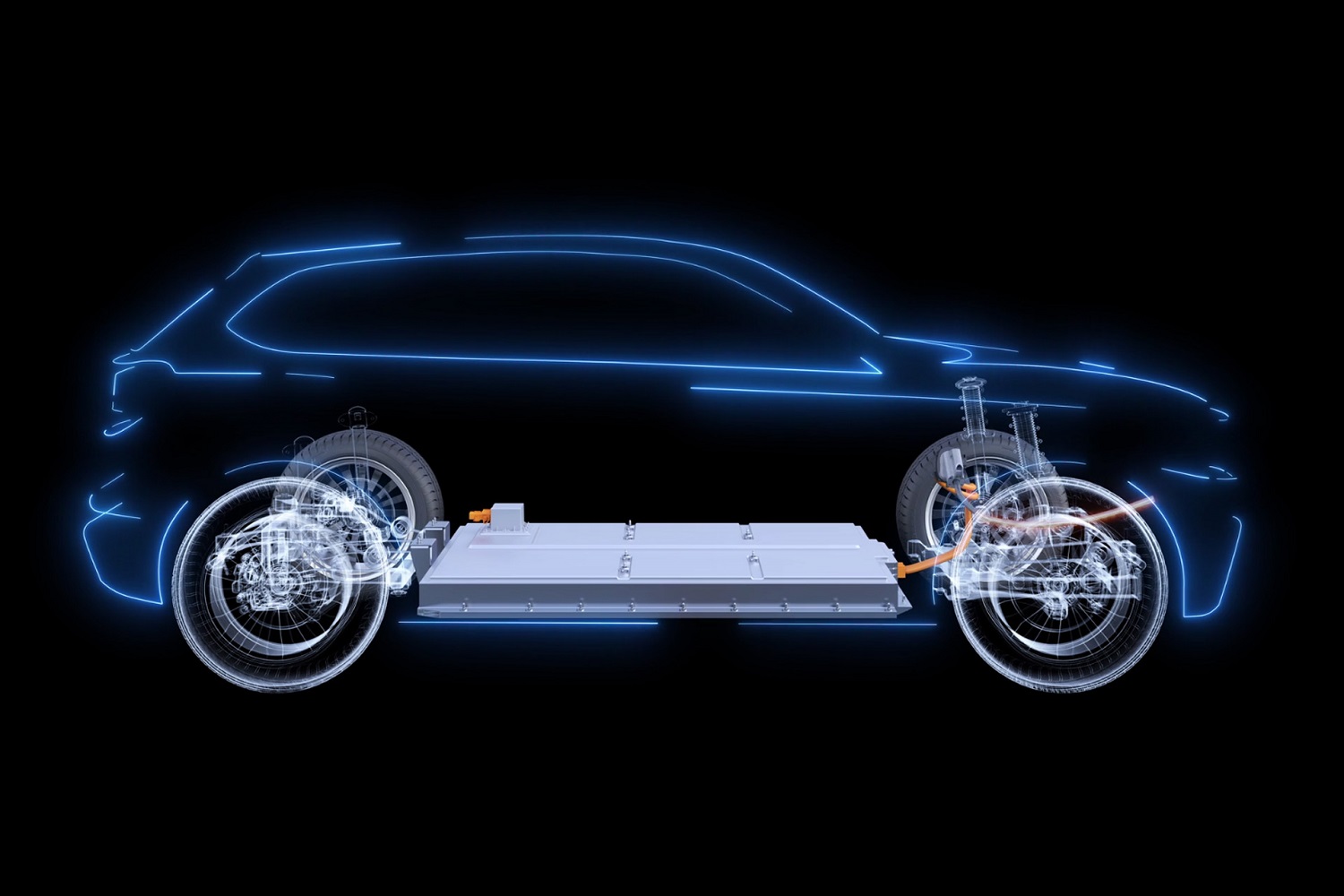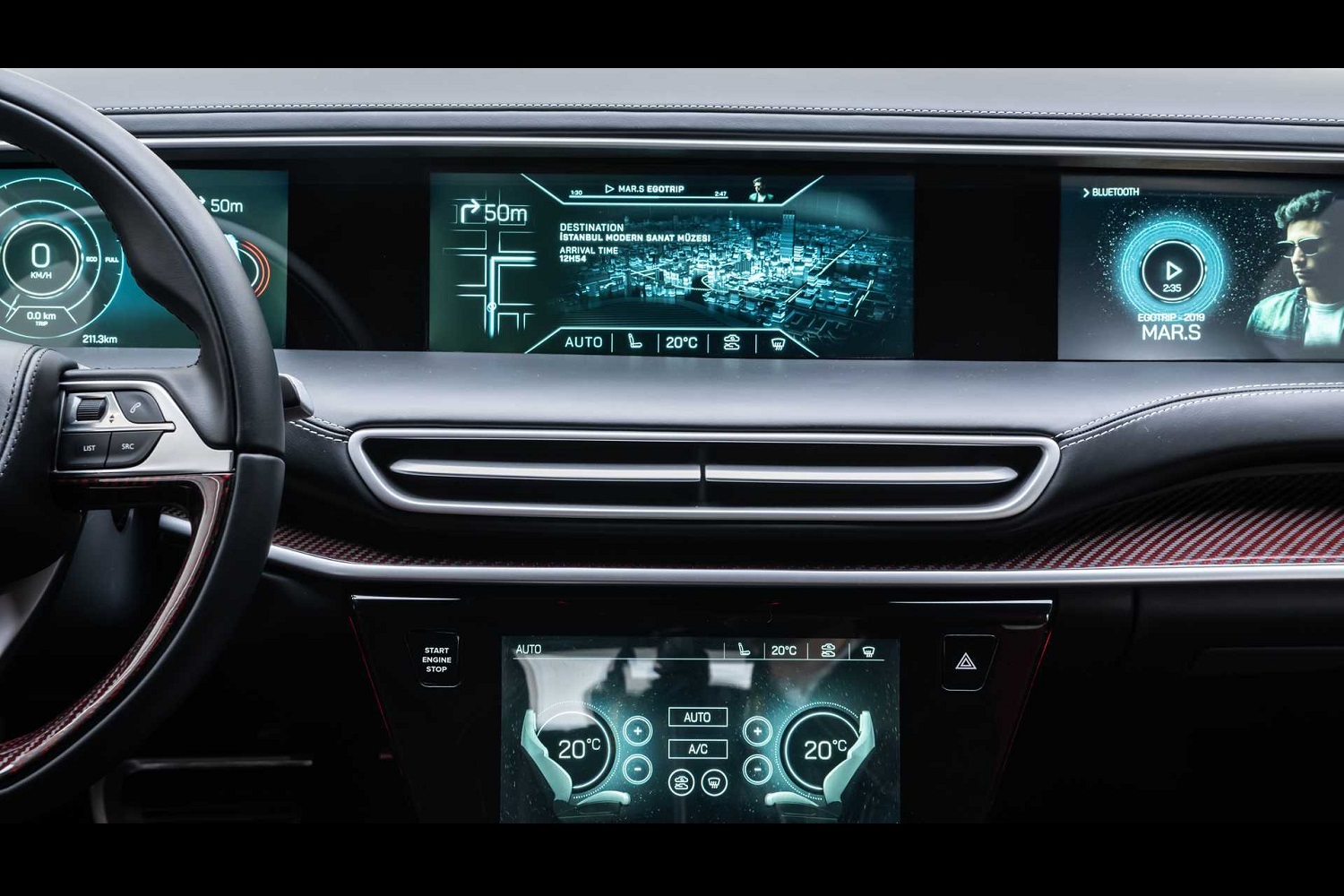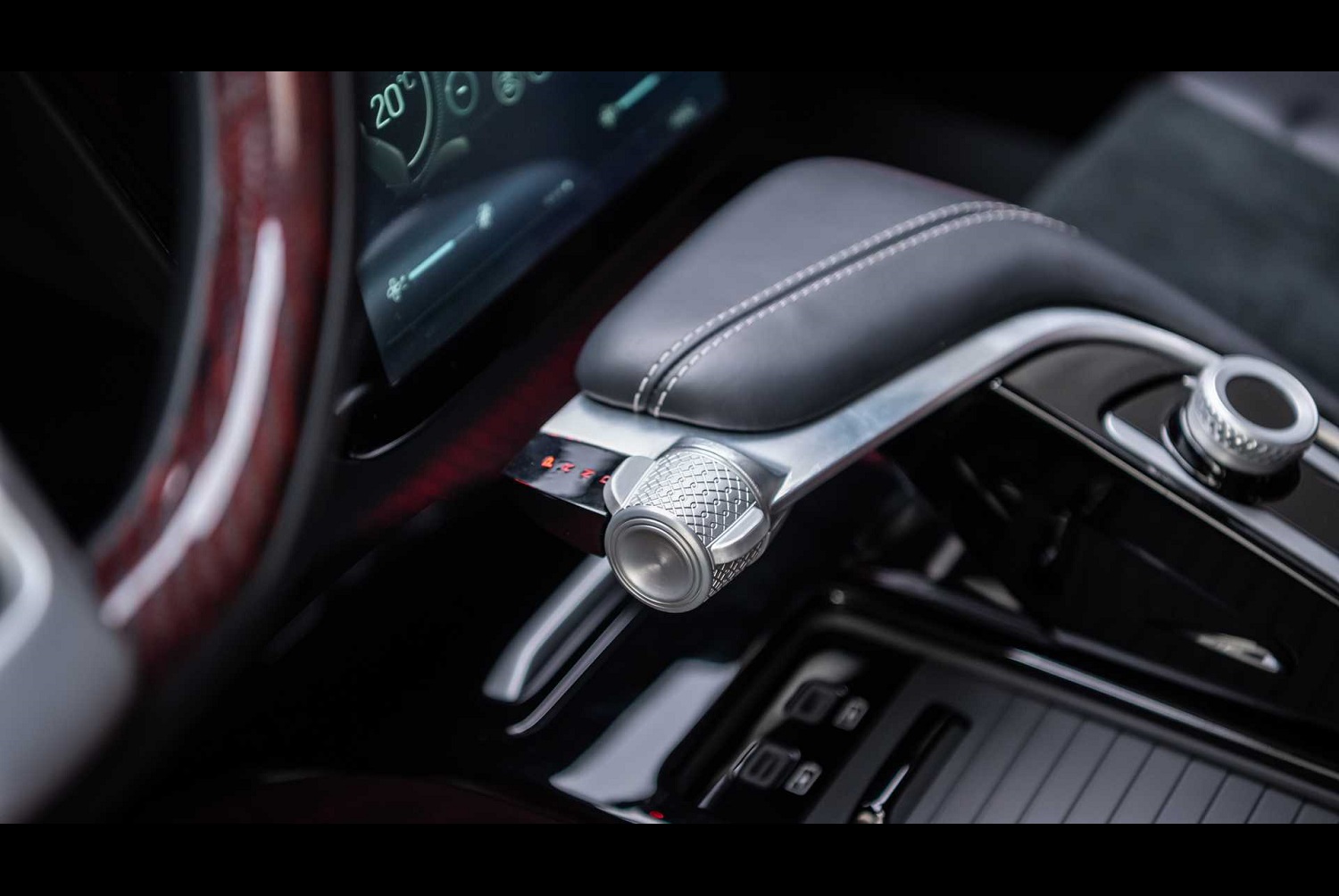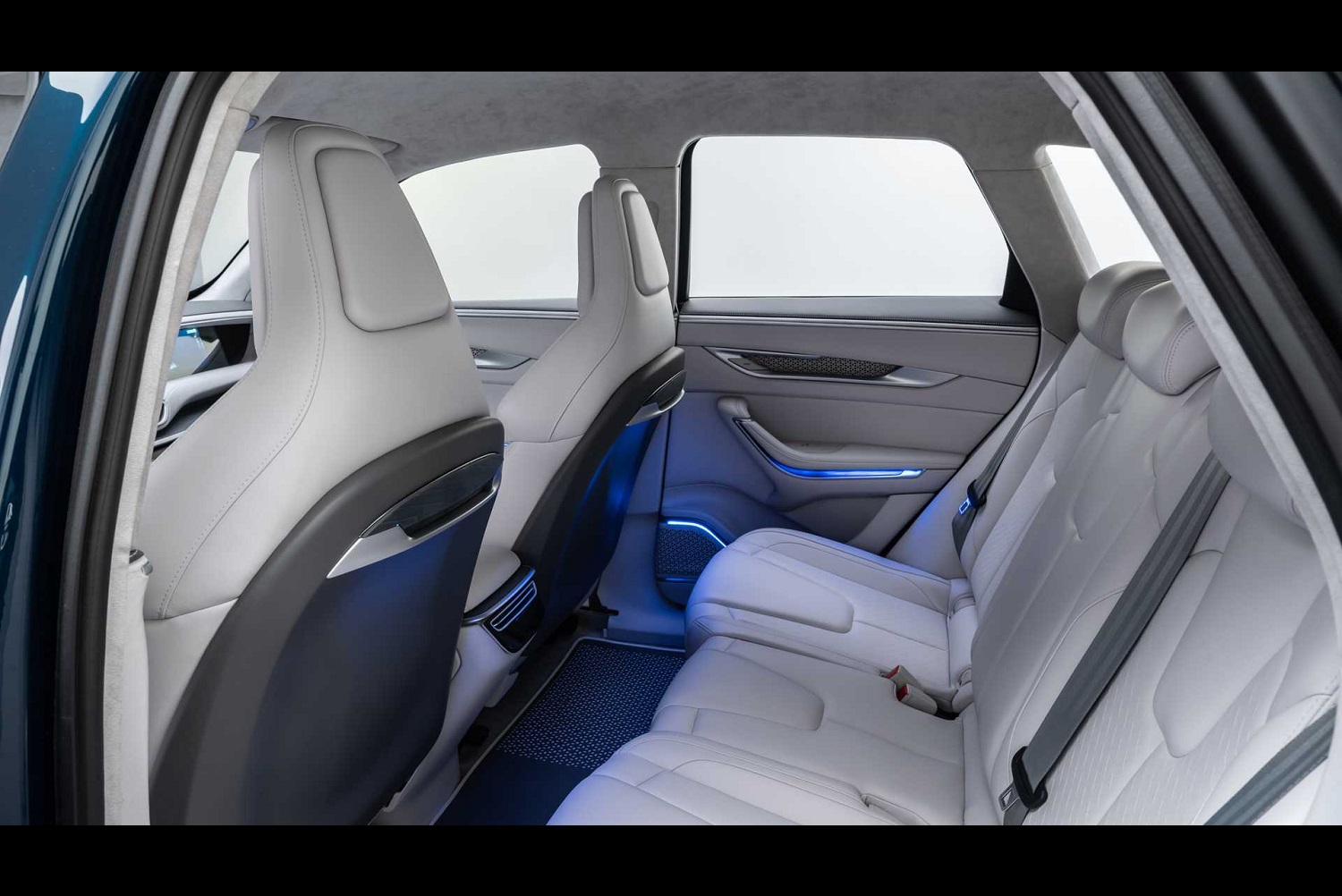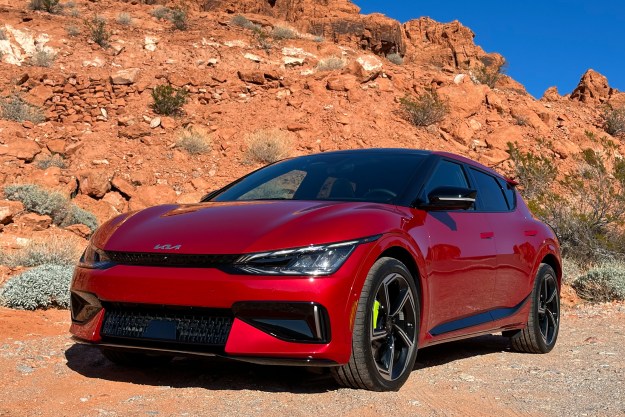Turkish President Recep Tayyip Erdogan introduced a pair of close-to-production electric prototypes he hopes will propel the nation to the automotive industry’s global stage for the first time. Marketed by a new brand called Turkey Automobile Joint Venture Group (TOGG), the models use technology developed entirely in Turkey.
While Turkey’s so-called national car was originally designed around an older Saab platform, the sedan and the crossover unveiled during a grandiose ceremony have no Swedish genes. They’re both powered by an electric powertrain that places a lithium-ion battery pack directly under the passenger compartment and an electric motor over each axle. That’s a fairly standard configuration in the electric car world; models made by Tesla, Audi, and Jaguar use the same layout.
The state-operated Scientific and Technical Research Council developed the drivetrain, according to Motor Authority. It makes 200 horsepower in its standard configuration, though buyers seeking more will have the option of paying extra for a 400-hp variant. TOGG quoted a 4.8-second sprint from zero to 62 mph, and up to 300 miles of driving range. Here again, the specifications fall in line with comparable offerings made by American and European manufacturers. The recently unveiled Ford Mustang Mach-E offers about 300 miles in its most capable configuration.
Pininfarina, the Italian design house owned by India’s Mahindra, drew both cars. The yet-unnamed models wear sharp, slightly generic-looking sheet metal with proportions penned with an eye on the average motorist’s needs. Stylists decided not to take risks by experimenting with unusual, segment-bending body styles. The door handles automatically extend from the body, like on a Tesla Model S. Once inside, the front passengers face four screens: One for the instrument cluster, one for the infotainment system, one in front of the passenger that displays entertainment menus, and one for the climate control.
The Turkish government will invest approximately $3.7 billion to begin production of the crossover in a new factory by 2022. The sedan will follow shortly after, as will two additional models still under wraps. The plant will have an annual capacity of 175,000 cars, which represents nearly 50% of Turkey’s new car market, so officials hope to send some of the production run abroad, notably to Europe. There’s no indication America is on TOGG’s radar for the time being.
“We are not manufacturing cars for our needs alone. We are looking forward to establishing a global brand,” Erdogan announced during the unveiling. Additional details (like pricing) will be released closer to the crossover’s on-sale date.
While Turkey isn’t known for making cars, the nation has manufactured dozens of different models for various brands over the past couple of decades. Turkish automaker Tofas began making the Fiat 124 under license in 1971, and it builds the Ram ProMaster City through a joint venture with Fiat as of 2019.
Editors' Recommendations
- Don’t let the gimmicks fool you. The Ioniq 5 N is a serious track car
- Porsche’s most powerful production car is an EV
- Some on Apple’s failed car project reportedly had a cruel name for it
- Chrysler Halcyon concept is a return to glory for the minivan brand
- Mercedes’ electric eSprinter isn’t just greener, it’s better

